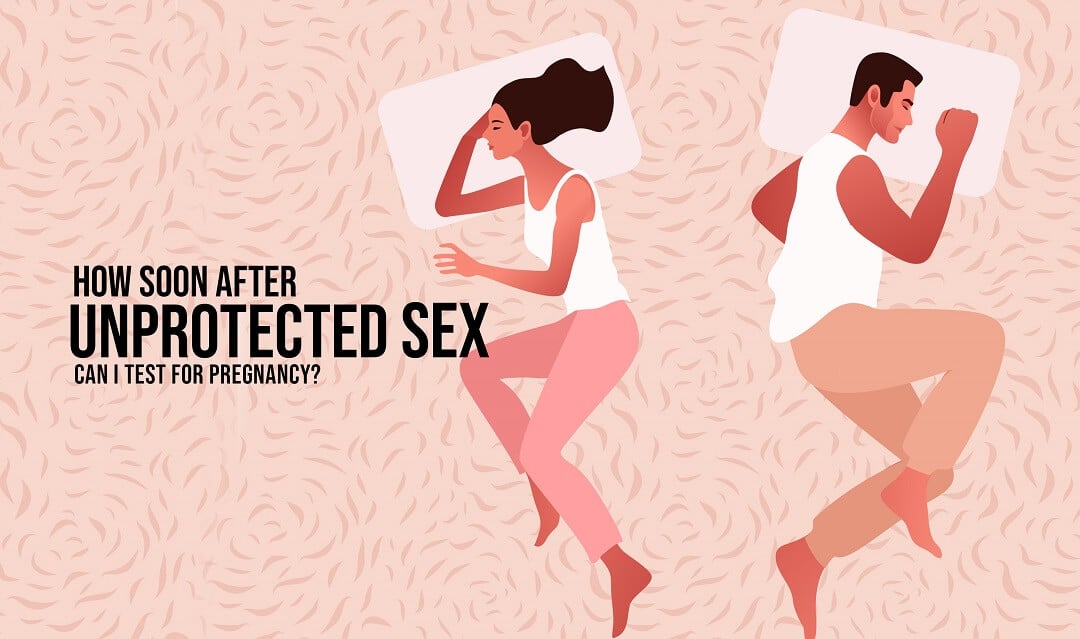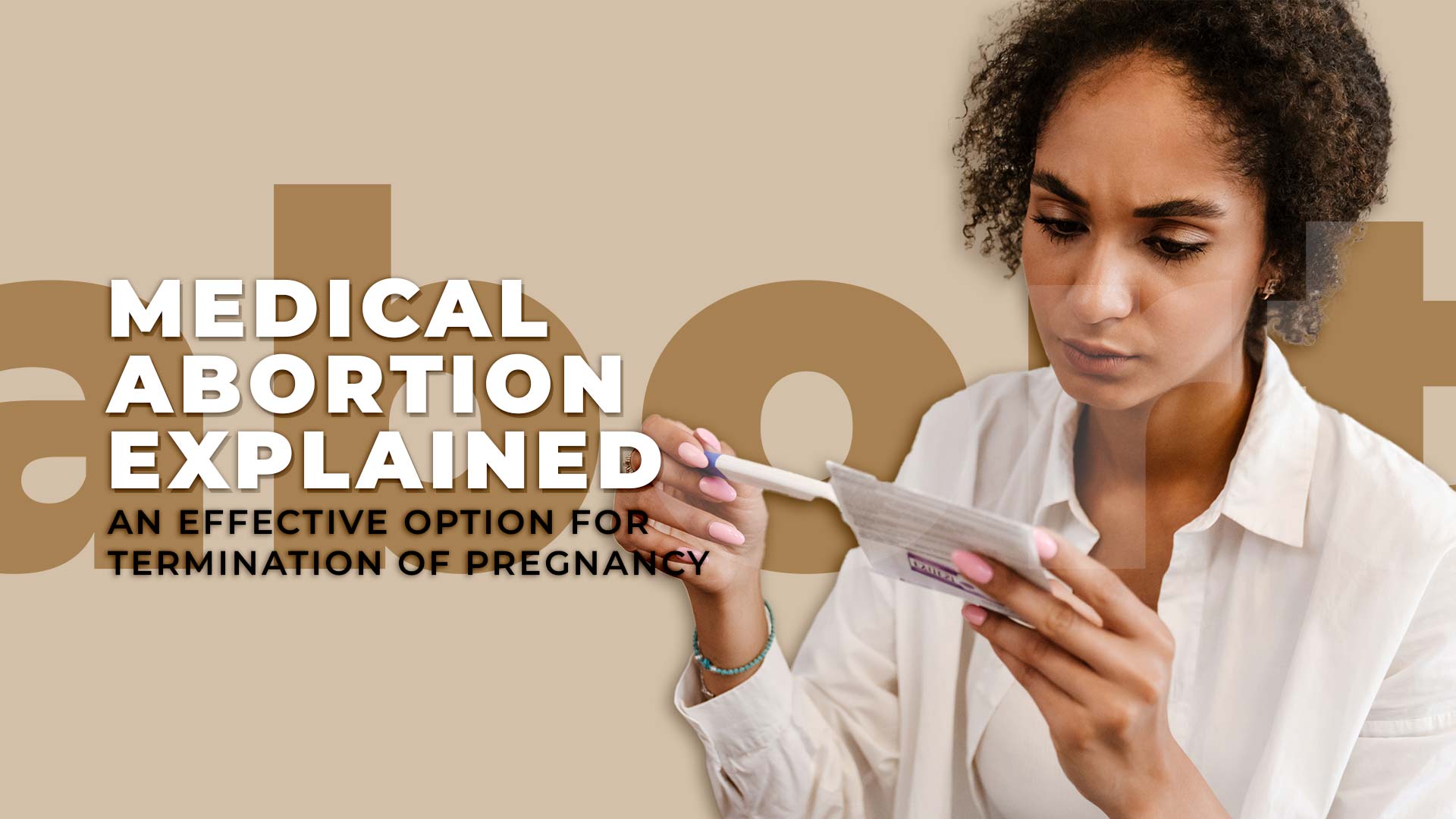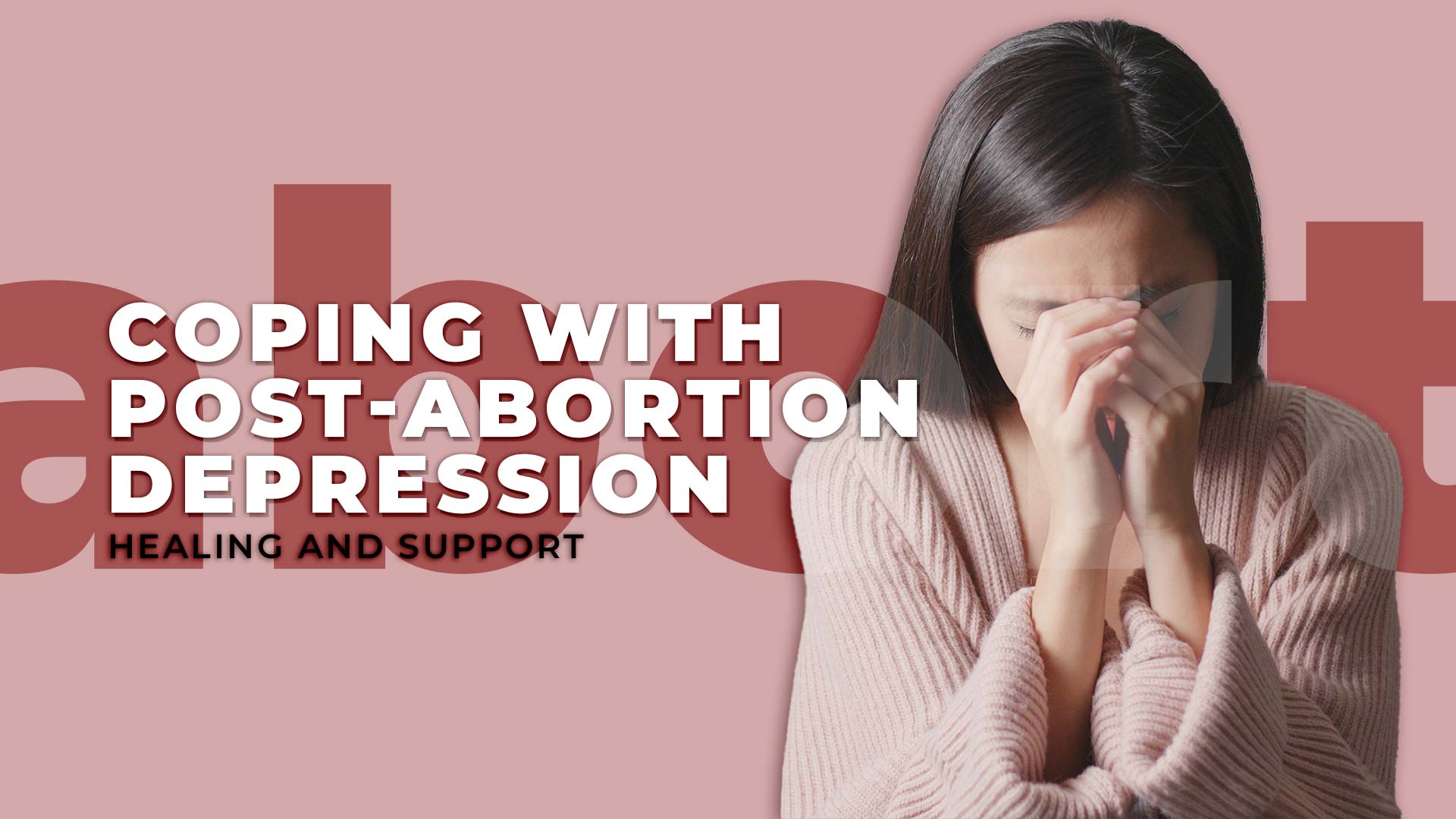Do you know that you can get pregnant on the day you didn’t even have sex? Yes, you heard it right. There is a lot more to know about pregnancy before narrowing down the detection methods. The wait for the menstrual cycle to arrive after an unprotected sexual encounter can be excruciating for your mental health. And when you look for options to check whether you may be pregnant, the pharmacy shelves are laden with so many options for at-home pregnancy test kits. But which one can help you put your worries at ease? And how long after sex can you take a pregnancy test?
So before finding the answer to ‘when to take a pregnancy test after sex’ there are some basics you should know about. This article will help you understand
- How pregnancy occurs,
- When does a sperm fertilizes an egg & how long does it take,
- When will it get implanted in the uterus to result in a viable pregnancy,
- How do pregnancy tests work?
- How soon can you detect a pregnancy?
- False positives and negatives.
The Process of Pregnancy
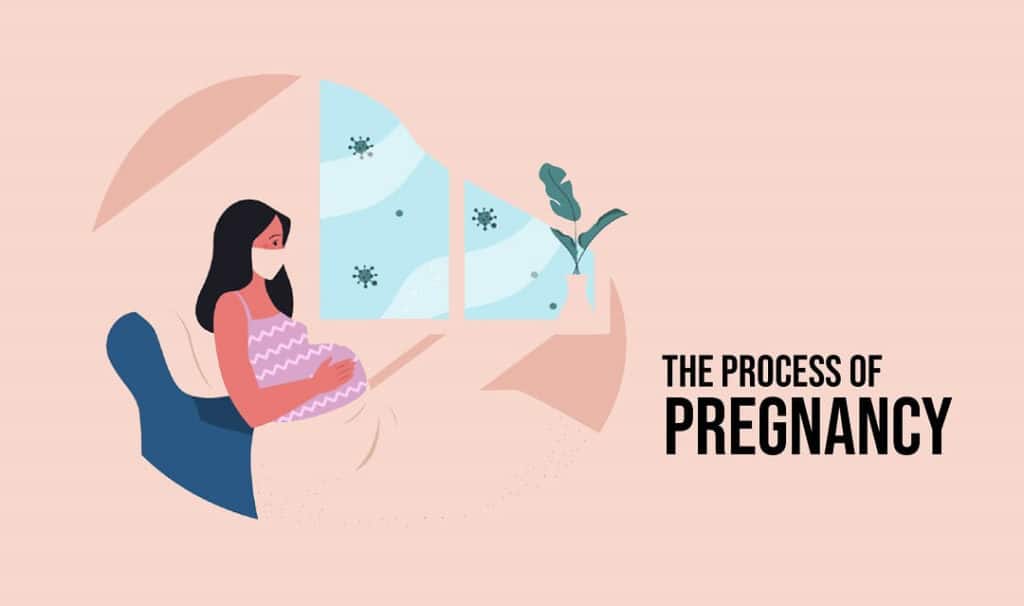
Pregnancy ensues when a viable sperm fertilizes an egg when it is released from the ovaries during ovulation. Pregnancy depends solely on fertilization and depends on the process of ovulation and the mobility of sperm. Sperm can stay for up to five days in the vaginal tract.
- Once the egg is fertilized, it travels down the fallopian tubes into the uterus where it latches onto the uterine endometrial membrane.
- Implantation of the fertilized egg results in pregnancy.
- The egg then forms an embryo and placenta for the further growth and progress of the pregnancy.
Not all fertilized eggs get implanted in the uterus. Therefore, you can say that fertilization does not ensure pregnancy.
How Long Does Implantation Take?
According to a study, implantation occurs anywhere between 8-10 days after ovulation for more than 80% of the participants. And 82% of implantations that took place later than 11 days resulted in loss.[1]
Implantation cannot occur immediately, as, after the fertilization, the egg takes time to reach the uterus. And once it is implanted, human chorionic gonadotropin (hCG) is released by the body. The detection of this hormone confirms pregnancy.
Risk of Pregnancy
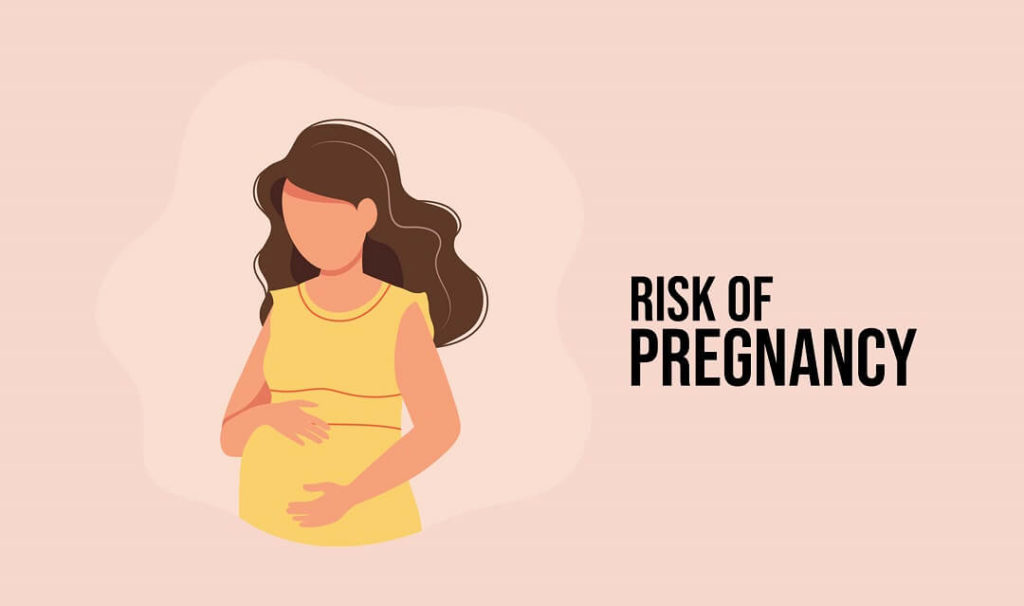
Not all unprotected sexual intercourse results in pregnancies. This is because the chances of you getting pregnant vary throughout your cycle.
- In general, you are least likely to get pregnant just days before the start of your period and a few days after the end of the period. However, this may not be an accurate measure to track your fertile days to avoid pregnancy.
- If you have always had regular periods, your chances of getting pregnant are highest during the 12 to 14 days before the beginning of your period (ovulation window).
- If you have irregular periods, you pose more risk of getting pregnant on involving in unprotected sex. This is because the exact day of ovulation cannot be estimated.
Early Pregnancy Indicators
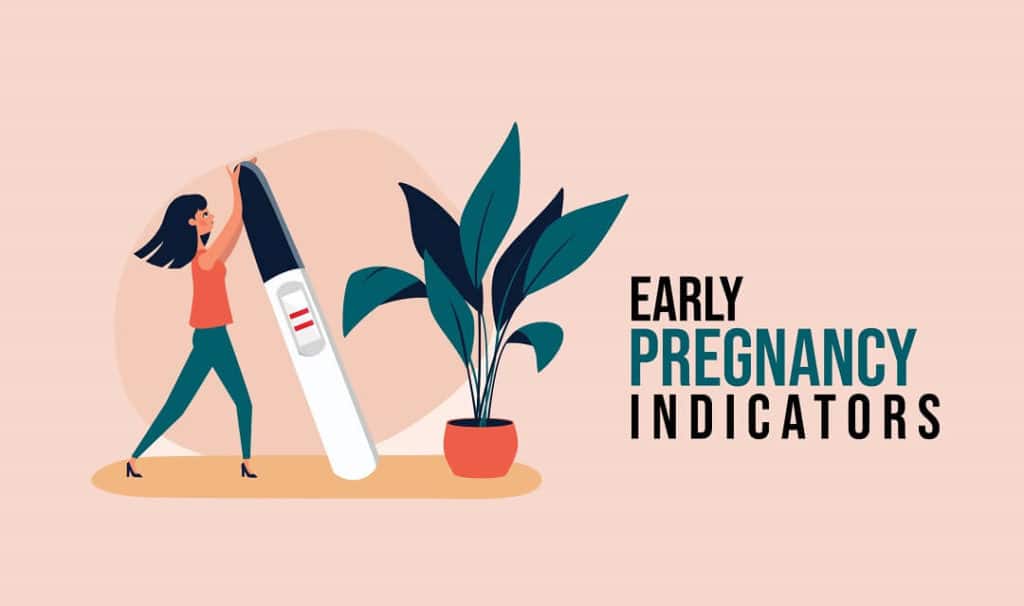
Not every woman will feel the same signs. Some women do not feel any changes early in the pregnancy, while some observe the changes immediately. The signs and symptoms of early pregnancy are as follows:
- Missed period
- Vomiting
- Nausea
- Fatigue
- Spotting
- Swollen breasts with or without painful nipples
- Headaches
- Frequent urination
- Food aversions
- Mood swings
These symptoms do not confirm a pregnancy, as they may be observed in some ailments as well. The sure-shot way is to take a pregnancy test. But which one?
Types of Pregnancy Tests
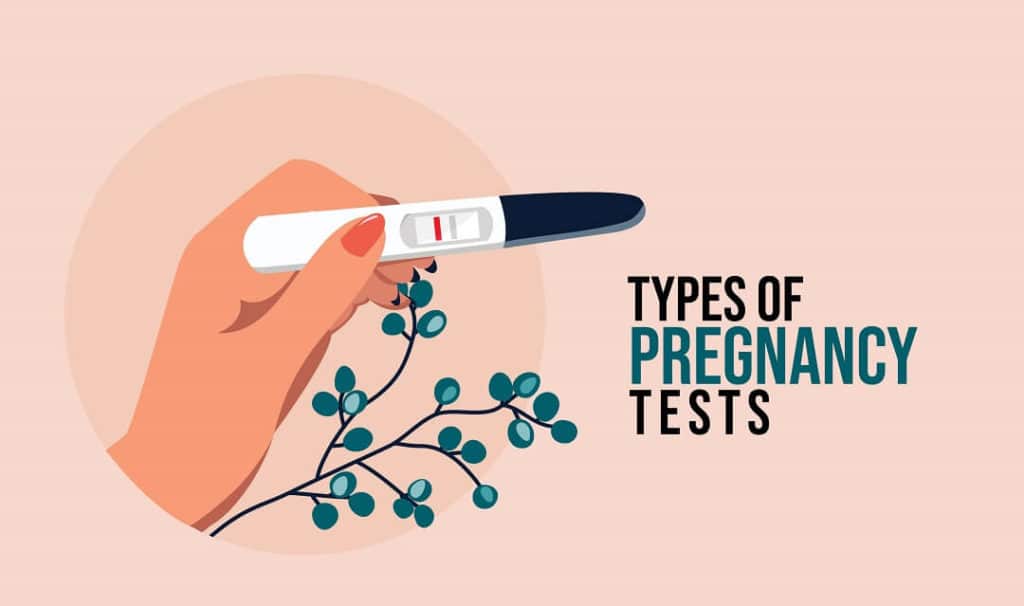
Once pregnancy is established, the body changes to support the growth of implanted cellular clusters that will form your baby. One of those major changes is the release of the human chorionic gonadotropin (hCG) hormone. This hormone is found only in the presence of pregnancy in women. However, for your pregnancy to get detected, you need to have certain levels of the hCG. And this hormone takes time to build up in your body to reach detectable levels. Usually, two types of tests can be carried out to confirm its presence – urine tests or blood tests.
Over-The-Counter Pregnancy Test Kit
Even though this test can give results on the first day of the missed menstrual cycle, it is recommended to wait at least a week for accurate results.
- These tests detect the presence of hCG in your urine.
- It has a stick with a reactive paper that will show the appearance of some indicators as colored lines, or in the case of the latest digital ones – positive/negative. There are digital pregnancy tests available that show the weeks along with ‘pregnant’ flashing on the screen.
- The time to read the results may vary with different brands, but usually, it is for ten minutes.
- You should take two tests to confirm as the result may differ depending on certain factors like,
- Test that was taken too soon, or
- Low hCG levels
These tests are economical and reliable when taken properly. However, there are chances of false negatives as well. It is recommended that you visit a gynecologist to get confirmation through an ultrasound.
When and How to Take a Home Pregnancy Test?
- Take the test in the morning with the first-morning urine, if possible. The urine will be concentrated and will have greater levels of hCG for easy detection.
- In case you aren’t able to take the test with the morning urine, make sure whenever you test during the day at least four hours have passed since you last went to empty your bladder.
- Do not consume excessive fluids before taking the test as it may dilute the urine.
- Carefully follow the instructions provided with the test kit before using it.
- Even though you may want to use a pregnancy test the next day, it is advised to wait at least a week after your missed period.
In-clinic Urine Test
This test also detects the presence of hCG in urine. It cannot be considered more accurate or sensitive than normal home pregnancy tests but assures avoidance of any possible error that may affect the precision of results. Also, it may cost more than a home pregnancy test.
Blood Tests
These tests detect the presence of the hCG hormone in the blood. It can be in two ways – qualitative hCG test or quantitative hCG test.
- A qualitative hCG blood test just gives a plain yes or no for the presence of hCG hormone in the blood.
- A quantitative hCG blood test detects the specific amount of hCG in the blood.
A quantitative hCG blood test is highly accurate as it gives an idea about the exact hCG level in blood. Moreover, these tests can detect even the smallest proportion, as soon as 9-12 days of conception. However, a blood test may be more expensive than a urine test.
False Negative Results
It is possible to get a negative result on your pregnancy test kit even if you are pregnant. The causes of getting false negatives are listed below:
- Took a pregnancy test too soon.
- Checked the result too soon.
- Your hCG amount is lower than the detectable level by over-the-counter test kits.
- In the case of rarely occurring pregnancy-related tumors which can cause high hCG levels in the body.
- The ovulation has not occurred as per the estimated time which prolongs the menstrual cycle.[2]
False-Positive Results
Even though very rare, but false positives are encountered sometimes due to the following reasons:
- Release of hCG from a tumor.
- In the case of perimenopause, where the pituitary gland secretes hCG.
- Due to hCG injections as part of infertility treatment.[3]
- Pregnancy loss occurs soon after the implantation.
- Use of certain medications containing antibodies.[4,5]
What To Do After a Negative Test?
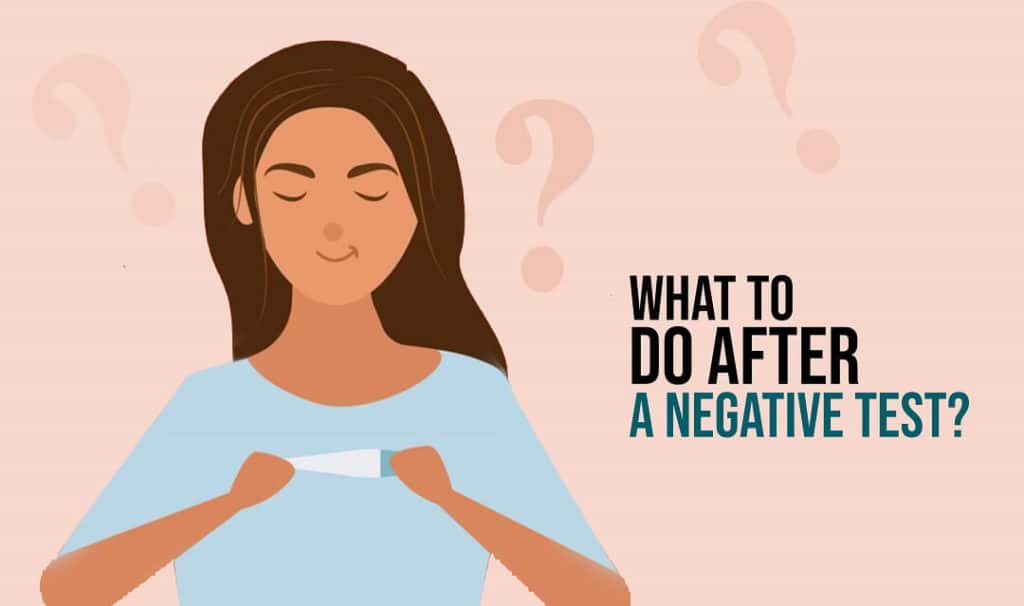
If you find out that you are not pregnant and wish to avoid pregnancy scares, it is highly recommended to follow a birth control regime. There are many options available in the market that are accessible with the help of a doctor’s consultation. Loette and Ovral L contain Levonorgestrel and Ethinyl Estradiol as active hormonal ingredients that stop the release of an egg, decrease the mobility of sperm, and stop the growth of the endometrial layer of the uterine mucus membrane to avoid support of the growth of the embryo.
Two other medications that work on similar action are Ovral G containing Norgestrel and Ethinyl Estradiol, and Yasmin containing Drospirenone and Ethinyl Estradiol. It is crucial to consult a doctor before starting a birth control pill that suits you and will work effectively depending on your health condition.
What To Do After a Positive Test Result?
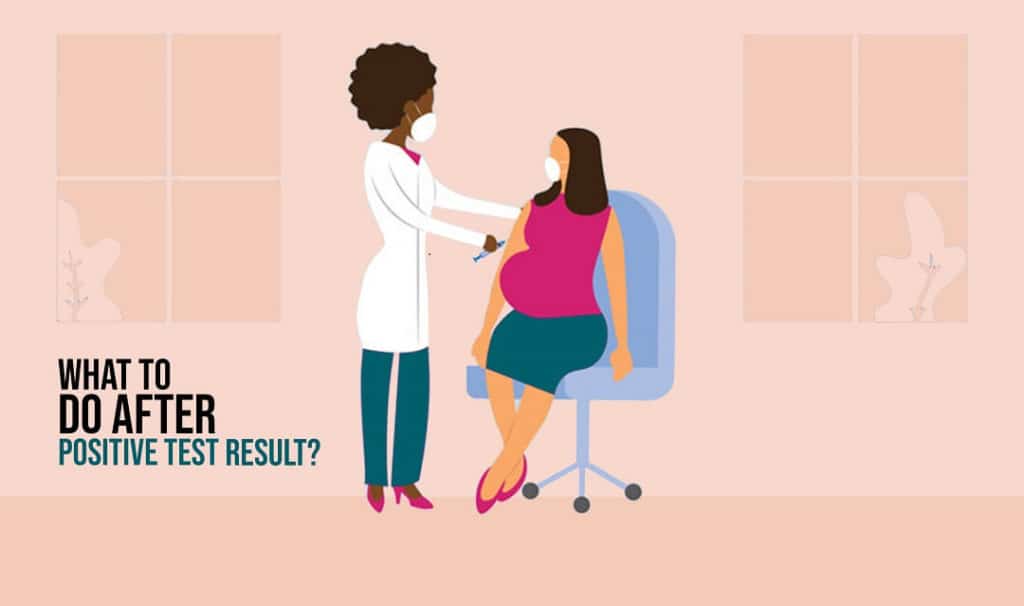
When you test positive for pregnancy and wish to continue with it, it is important to take care of the following conditions:
- Call your doctor and go for a thorough checkup to establish the gestational age or any other factors that may affect your pregnancy.
- Make healthier life choices.
- Quit smoking or drinking.
- Limit caffeine intake.
- Eat a healthier wholesome diet.
- Start taking prenatal vitamins. Folic acid is essential for the prevention of any birth defects.
When you test positive and do not wish to continue with your pregnancy, consult a doctor. He or she may conduct a few tests before providing you with the options, suitable for you, to terminate the pregnancy. Most of the early pregnancies can be aborted with the help of medications such as Mifepristone 200 mg (RU-486) and Cytotec 200 mg (Misoprostol) that are available in combination packs as well such as MTP Kits. These tablets work effectively for up to 10 weeks of pregnancy to terminate the pregnancy and remove the uterine contents within 72 hours. You are required to follow up with the doctor after two weeks to confirm the end of pregnancy with the help of an ultrasound. Read more about different types of abortion pills here.
So, When To Take a Pregnancy Test After Unprotected Sex?
Taking a pregnancy test can be daunting irrespective of the results you are hoping for. It helps when you are aware of how a pregnancy test works. You do not get pregnant right away after an unprotected sexual encounter. It takes a while for the egg to get fertilized and then for it to get implanted in the uterus. Not all unprotected penetrative intercourse result in pregnancy and not all fertilized eggs get implanted. Moreover, when a pregnancy is established, the body takes a while to produce and raise the pregnancy hormone hCG to detectable levels. It is, therefore, recommended to wait for at least a week after your missed period to take a pregnancy test.
References
- Wilcox AJ, Baird DD, Weinberg CR. Time of implantation of the conceptus and loss of pregnancy. N Engl J Med. 1999 Jun 10;340(23):1796-9. doi: 10.1056/NEJM199906103402304. PMID: 10362823. https://pubmed.ncbi.nlm.nih.gov/10362823/
- Wilcox AJ, Baird DD, Dunson D, McChesney R, Weinberg CR. Natural limits of pregnancy testing in relation to the expected menstrual period. JAMA. 2001 Oct 10;286(14):1759-61. doi: 10.1001/jama.286.14.1759. Erratum in: JAMA 2002 Jan 9;287(2):192. PMID: 11594902. https://pubmed.ncbi.nlm.nih.gov/11594902/
- Noci I, Saltarelli O, Coccia E, Messo A, Livi C, Massi GB, Messeri G. Interference of exogenous HCG on pregnancy tests. Acta Eur Fertil. 1987 Nov-Dec;18(6):391-3. PMID: 3454503. https://pubmed.ncbi.nlm.nih.gov/3454503/
- Vladutiu AO, Sulewski JM, Pudlak KA, Stull CG. Heterophilic antibodies interfering with radioimmunoassay. A false-positive pregnancy test. JAMA. 1982 Nov 19;248(19):2489-90. PMID: 6897083. https://pubmed.ncbi.nlm.nih.gov/6897083/
Esfandiari N, Goldberg JM. Heterophile antibody blocking agent to confirm false positive serum human chorionic gonadotropin assay. Obstet Gynecol. 2003 May;101(5 Pt 2):1144-6. doi: 10.1016/s0029-7844(02)02619-4. PMID: 12738132. https://pubmed.ncbi.nlm.nih.gov/12738132/

